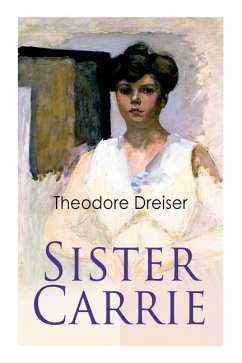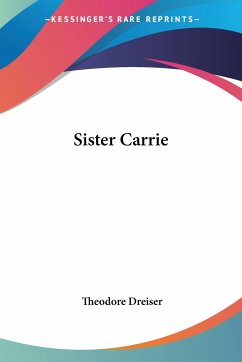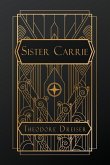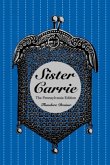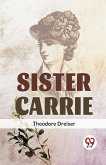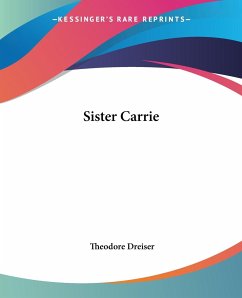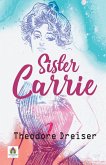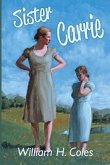In "Sister Carrie," Theodore Dreiser masterfully explores the tumultuous journey of Caroline Meeber, a young woman drawn into the clutches of urban life in turn-of-the-century Chicago. Through a strikingly naturalistic lens, Dreiser captures the raw realities of ambition, desire, and societal constraints, employing a rich, vivid prose style that reflects the intricacies of human emotion and the struggles of the individual against an indifferent social order. The novel's themes of economic hardship and moral ambiguity mirror the broader societal changes of the Gilded Age, challenging the reader to reconsider the American Dream's accessibility to women. Theodore Dreiser, an influential figure in American literature, was born into a modest family and faced economic hardships himself. His personal experiences with poverty and witnessing the constraints imposed on women in society significantly shaped his perspectives. Dreiser's unflinching realism stems from his belief in examining life as it truly is, devoid of romanticism, a viewpoint that permeates "Sister Carrie" and aligns with the emerging naturalist movement. For readers seeking a profound exploration of individual desire and societal pressure, "Sister Carrie" is essential. Dreiser's incisive character studies and unvarnished depiction of 1900s America invite a deeper understanding of human motivation, making this work an enduring classic that resonates with contemporary themes of ambition and consequence.
Bitte wählen Sie Ihr Anliegen aus.
Rechnungen
Retourenschein anfordern
Bestellstatus
Storno

